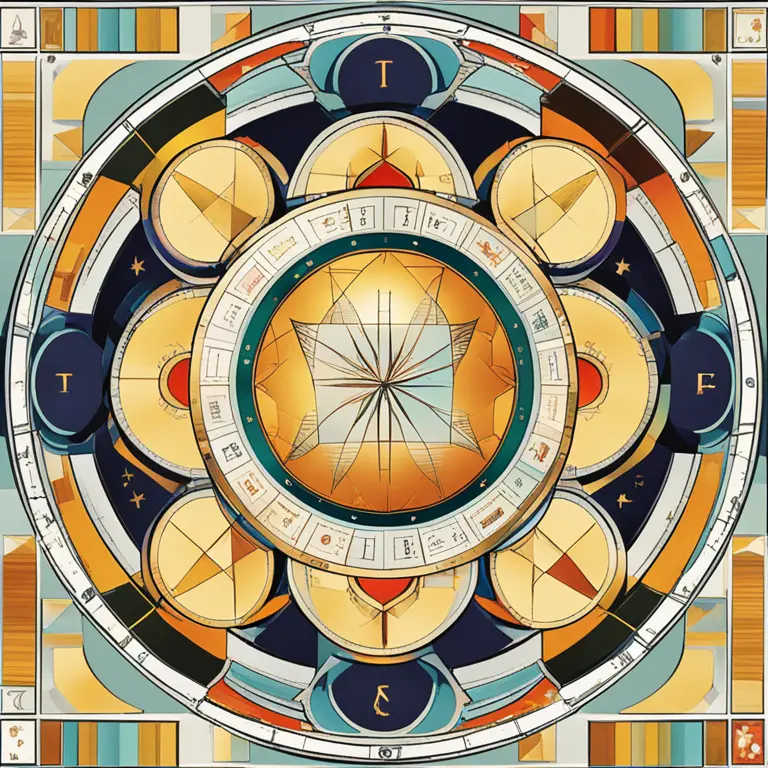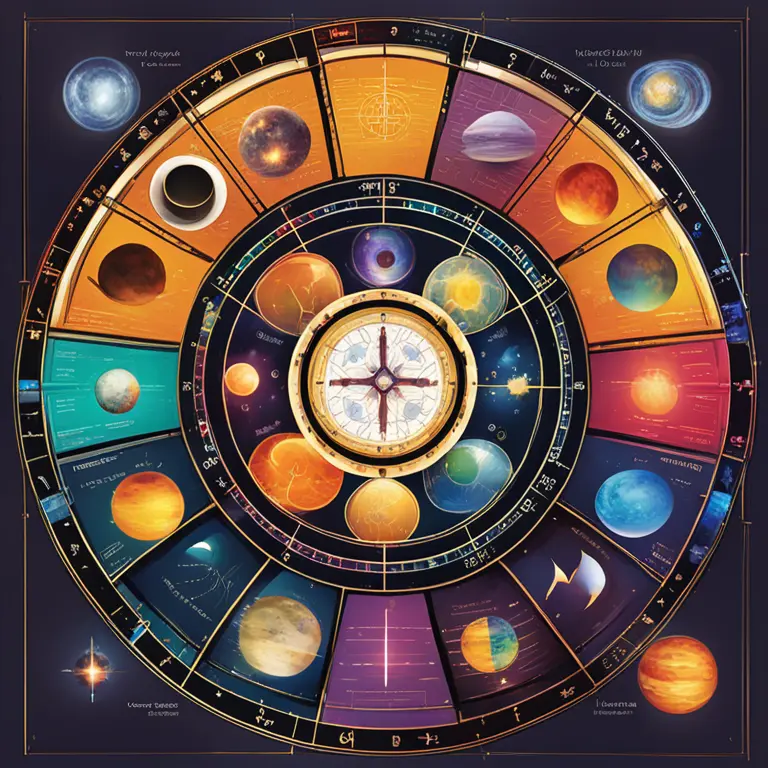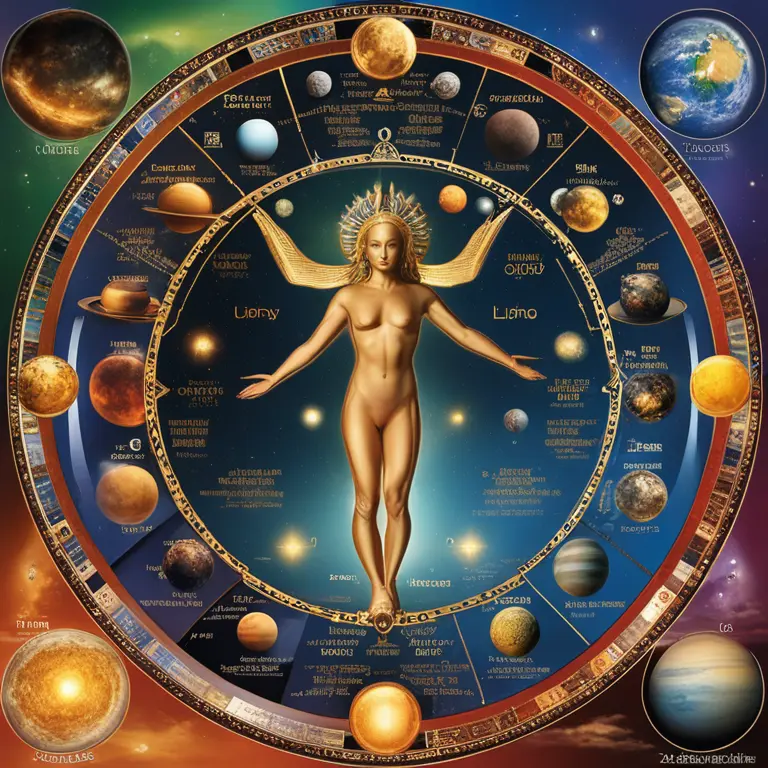
Astrology and Health: Can Your Birth Chart Reveal Risks?
Discover whether astrology can offer insights into potential health issues using the ancient wisdom of the stars in correlation with modern wellness concerns.
article by Priya Deshmukh
Introduction to Astrological Health Insights
It's common for people to search for deeper understanding about their lives, and astrology has long been a tool for gaining insight into various aspects of the human condition, including health. The belief that celestial bodies can influence human affairs and natural phenomena dates back thousands of years, and it has evolved with the addition of contemporary perspectives and scientific knowledge. This article delves into the connection between astrology and health, examining the potential for astrological charts to highlight health predispositions.

The Link Between Planets and Physiology
Astrological tradition associates different parts of the human body with the twelve zodiac signs and the celestial bodies ruling them. For example, Aries is linked with the head and face, while Libra governs the kidneys and skin. Modern astrologers often weave these associations together with current lifestyle factors, emphasizing a holistic approach to health. However, it's important to recognize the difference between astrological potentialities and determinism. Astrology suggests tendencies, not certainties.

Transits and Health Forecasting
In astrology, transiting planets make aspects to natal chart placements, which can indicate periods of heightened stress or vulnerability. For instance, a transit of Saturn might indicate a time for increased discipline in health matters, potentially flagging periods when one should be more vigilant. Such forecasts are not diagnoses but can serve as reminders for mindfulness regarding one's well-being. The timing of these transits can be used to encourage individuals to prioritize health check-ups and self-care.

Medical Astrology in Practice
Medical astrology, a specific branch of astrology focused on health, uses the birth chart to look for potential physical strengths and weaknesses. Practitioners cross-reference this information with current planetary movements to provide advice on optimal times for healing interventions. While intriguing, it's vital to approach medical astrology as a complementary tool, not a substitute for professional medical advice. Always consult a healthcare provider for any health concerns.
Research and Shifts in Astrological Health
As astrological practices have intersected with more mainstream wellness trends, there has been a slow but notable increase in research exploring these ancient correlations. However, this research is often met with skepticism by the scientific community, as astrology is not based on empirical evidence. The dialogue between astrology and modern health demands a nuanced perspective that respects personal beliefs while upholding the critical importance of evidence-based medicine.
Ethical Considerations and Personal Agency
When engaging with astrology for health insights, it's crucial to maintain ethical standards and ensure personal agency is not undermined. Astrologers must navigate the delicate balance between offering guidance and making unfounded health claims. For individuals, it's essential to use astrological insights as one of several resources, empowering themselves with knowledge while making informed decisions about their health in conjunction with medical professionals.
Published: 2/5/2024
Modified: 2/5/2024
More predictions
Come back here soon to learn more about yourself and your future


The Zodiac Signs and their Influence
Delve into the intricate world of zodiac signs, where celestial alignments offer insights into personality traits, future forecasts, and life paths.


Zodiac Sign Insights
Discover the vibrant world of zodiac signs and their influence on personality, future, and relationships in modern astrology.


Haircuts & Moon Phases: A Mystical Guide
Discover how the phases of the moon can influence your hair care and cutting rituals for optimal growth and vitality.